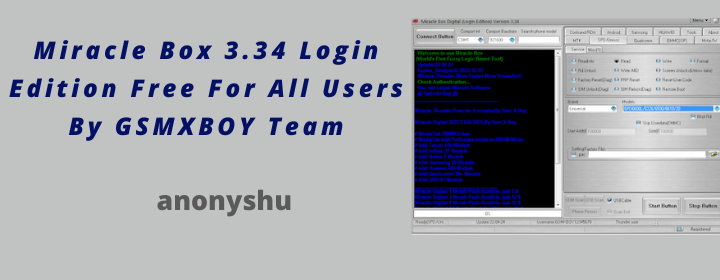The DoNotPay app, which allows you to sue anyone, including Robocall scammers, has gained popularity due to its simplicity and ease of use, writes Fox Business.
DoNotPay can help you with things like getting a refund for a broken airplane Wi-Fi, avoiding parking fees, or unsubscribing from a service you no longer use. It can also help you sue someone in American Small Claims Court if the amount of the claim is less than $10,000.
Holidays are close: 16 best places for holidays with children
“I created the app about four years ago,” DoNotPay founder Joshua Browder tells FOX Business. At that time I had a lot of parking tickets. After I received my fifth ticket, I realized that if everything is properly argued, then it is quite easy not to pay these fees, but for this you need the help of a lawyer.
It was then that he realized that the ideal solution to such problems would be an application that would help people deal with expensive government and corporate fees. Application services will cost users $3 per month.
In just two years, according to the app’s official website, DoNotPay has helped users save $4 million on parking tickets and win over 160,000 cases in 120 seconds or less each.
People who decide to take corporations to court, which Browder called “a very fair court, where the judge is usually on the side of the consumer,” simply write their claims in the application. The application then generates the tools needed to initiate this process on the user’s side, including all documents for filing claims. The app also uses action scripts and answers to likely questions a defendant might ask in small claims court, Browder said.
DoNotPay now has a feature called Robo Revenge, which Browder created after receiving four Christmas robo calls last year. Americans received 58.5 billion robocalls in 2019, up from 47.8 billion in 2018, according to data compiled by YouMail.
The Robo Revenge feature includes users’ phone numbers on the Federal Trade Commission’s National Do Not Call Registry.
Once a phone number is included in this list, scammers, if they do call, are automatically violators under the Telephone Consumer Protection Act. This law restricts telemarketing calls and the use of automatic dialing systems and artificial or pre-recorded voice messages. Browder said the feature was intended for phone calls, but could also be applied to SMS messages.
Users are given a free virtual credit card that they can use when scammers ask for payment information, so it becomes possible to catch them. Users can also access the same credit card to sign up for free trials of the app and pay the full price a month later.
Robocall victims can earn up to $3,000 per call from scammers who are eventually caught.
One of DoNotPay’s most successful cases was when the app helped consumers sue Equifax after the consumer credit reporting agency suffered a major data breach in September 2017, according to Browder. While Equifax was hiring “very expensive lawyers” to argue its case, consumers were using DoNotPay and winning.
Browder said most of the app’s users are in their 30s and 40s, which is surprising given that apps like Venmo attract users who are mostly under 30. DoNotPay is also trying to simplify the app for older users by adding possible features like dictation.
“Hundreds of thousands of people have downloaded DoNotPay, and about 30,000 use it every month,” Browder said, adding that the DoNotPay office has a map of app users from around the world.

